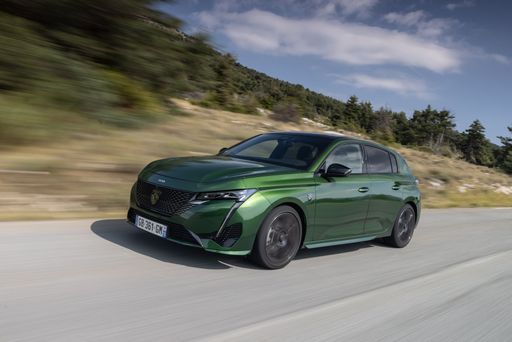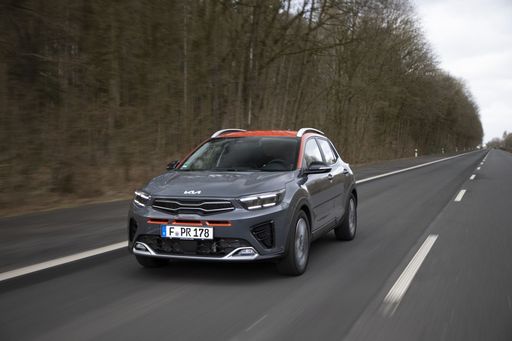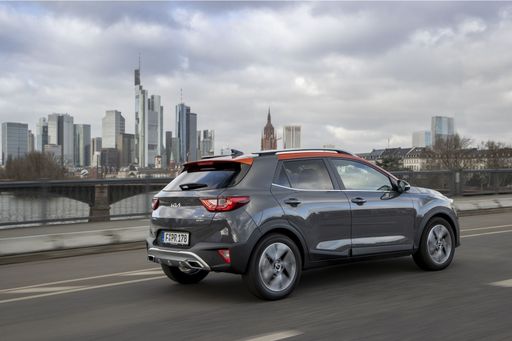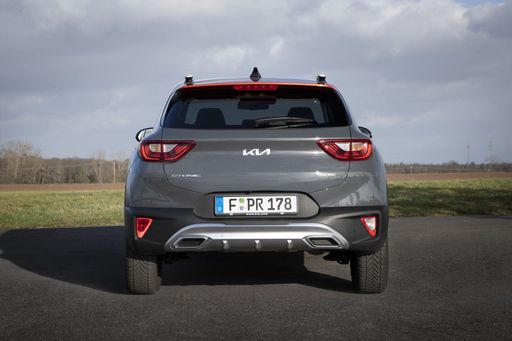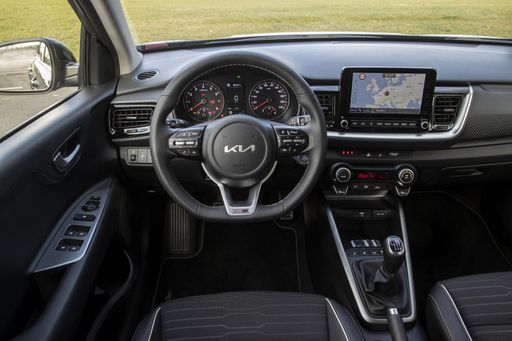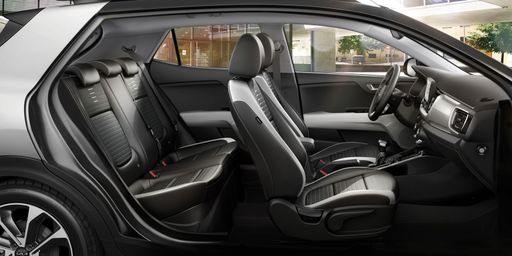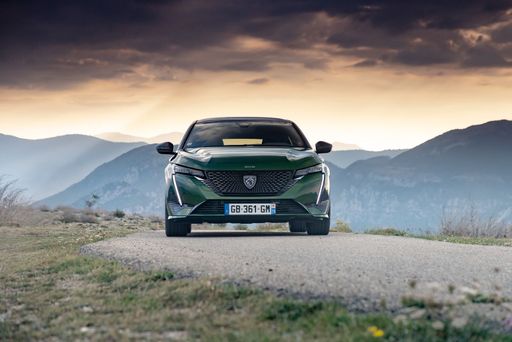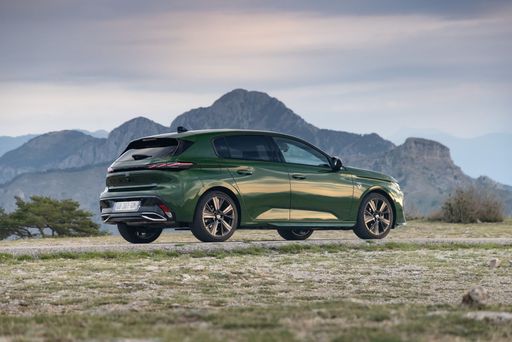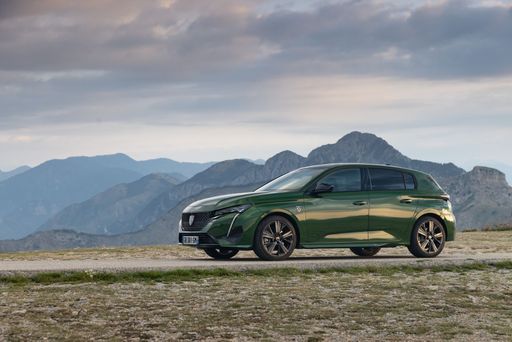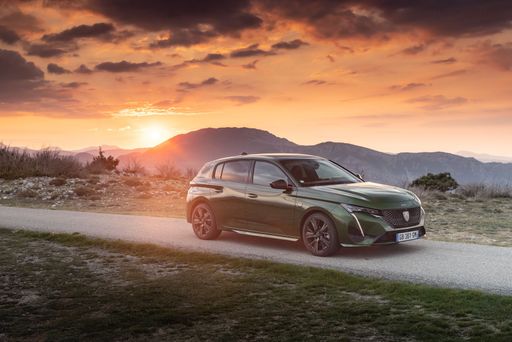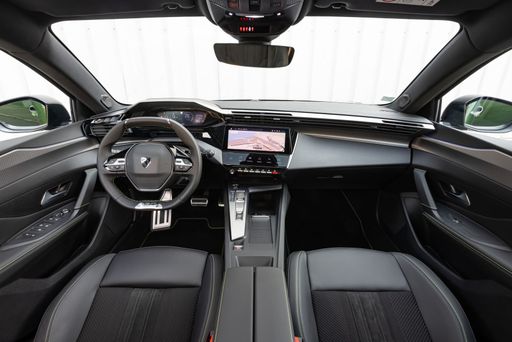Compact Versatility Meets European Elegance: Kia Stonic vs. Peugeot 308
In an automotive landscape filled with myriad choices, the Kia Stonic and the Peugeot 308 stand out as two compact cars that cater to different tastes and lifestyles. The Kia Stonic, an SUV known for its versatility and modern features, goes head to head with the European flair of the Peugeot 308, a hatchback that combines practicality with elegance. In this article, we dive into the technical intricacies and innovations of these two models, providing a detailed comparison for potential buyers.

